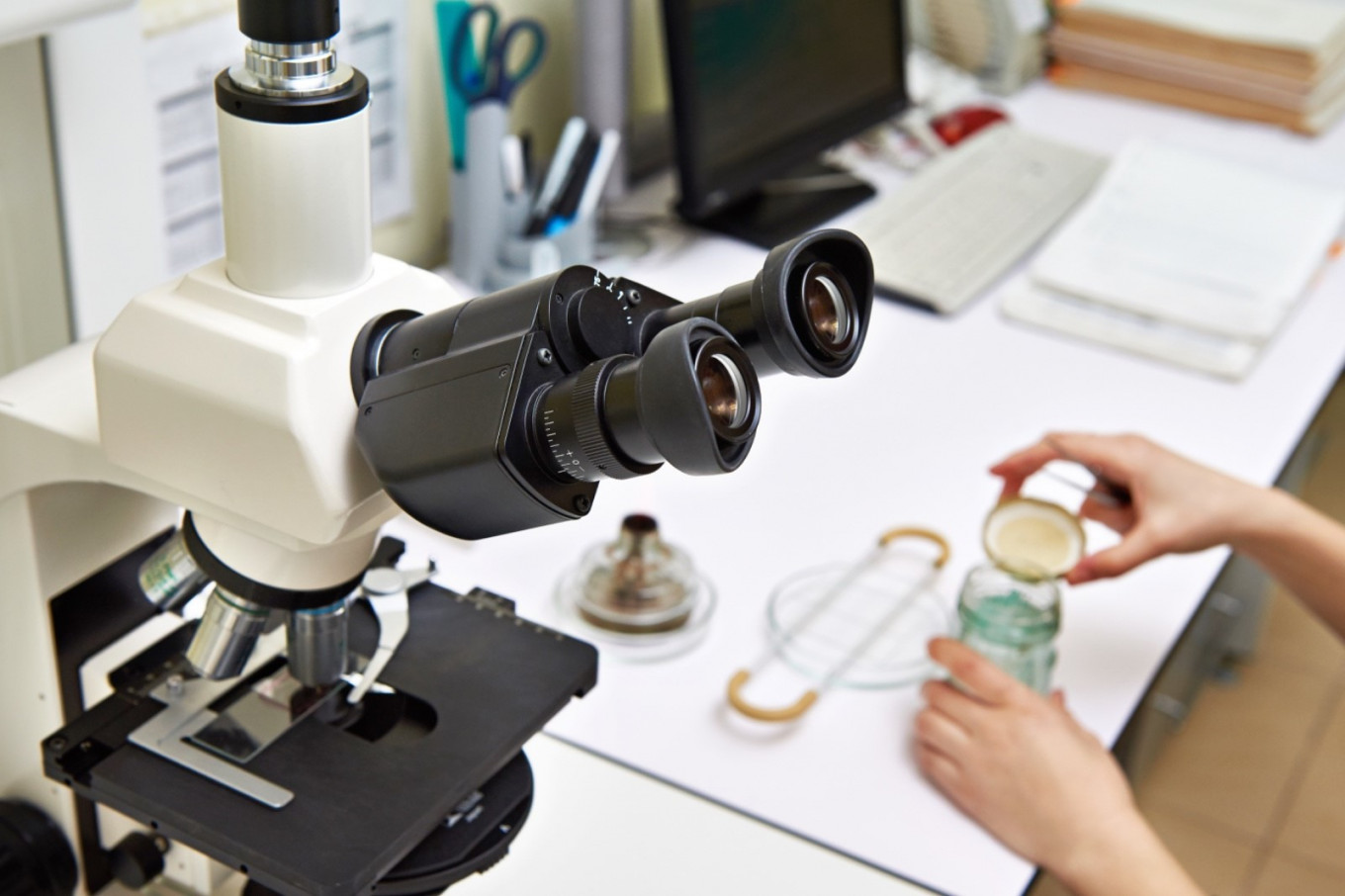News
Research-related Goods Exempt from Import Duties, Taxes
Josa Lukman (The Jakarta Post) June 22, 2024 Illustrative photo of research equipment. (Finance Ministry of Indonesia).
Illustrative photo of research equipment. (Finance Ministry of Indonesia).
Science and technology development is one of the main pillars of increasing Indonesia’s competitiveness. Amid increasingly fierce competition in the global era, innovation is the key to advancing the national economy and improving quality of life throughout the archipelago.
As both regulator and facilitator, the government is obliged to provide the tools, equipment and space required to foster knowledge and skills development, which includes importing goods for the purposes of research and development.
Through the Finance Ministry's Customs and Excise Directorate General (DJBC), the government is providing fiscal facilities in the form of exemptions for import duties and excise on goods imported for research and scientific development, as stipulated in Finance Ministry Regulation No. 200/PMK.04/2019 on Exemption from Import Duty and Excise on Imported Goods for Research and Scientific Development Purposes.
"The provision of this facility has been implemented with consideration, namely in considering that carrying out research often requires goods that originate abroad,” DJBC Public Relations and Customs Counseling Subdirectorate Head Encep Dudi Ginanjar said.
“However, please note that importing goods for research and scientific development purposes that are exempt from import duties and excise can only be carried out by universities, ministries or institutions and business entities," Encep explained.
To obtain an exemption from import duties and excise, universities must submit an application bearing the official signature of at least a dean to the Finance Ministry, through the head of either the Customs and Excise Prime Office (KPU BC) or the Customs and Excise Office (KPPBC) for the intended point of entry.
In addition, an application must be accompanied by a letter of recommendation as well as acquisition documents from the head of the university or an echelon II official appointed by the head of the university.
In the event that the imported goods are acquired under a grant, aid or cooperation scheme, the required documentation includes gift certificates and letters of cooperation.
Meanwhile, if the imported goods are purchased, the required documents include a copy of the purchase document and a budget implementation document (DIPA) for purchases funded by the state or provincial budget.
In the event that the import goods are procured through a third party, a contract stating that their prices do not include import duties and import duties and import taxes (PDRI) must be submitted.
"The recommendation letter is essential to Customs and Excise to ensure that the subject, object and other provisions meet the requirements to be granted an exemption from import duties and excise," Encep said.
If the application is approved, then the head of the relevant KPU BC or KPPBC will issue a Finance Ministerial Decree on behalf of the finance minister stipulating that those particular goods imported for research and scientific development purposes are exempt from import duties and excise. The goods may then be imported within a maximum timeframe of one year from the date of issuance of the ministerial decree.
Universitas Hasanuddin (Unhas) in Makassar, South Sulawesi, is among the institutions to benefit from the import duties and excise exemption facility for research and scientific goods. Unhas was granted an exemption on May 23, 2024 for import duties and PDRI for research equipment.
"The provision of this fiscal facility is a form of Customs and Excise's commitment to advancing and developing science in order to realize the state's goal to [produce] smarter citizens. We hope this fiscal facility will help researchers and academics in science and knowledge development that will be useful for Indonesia," Encep said.

